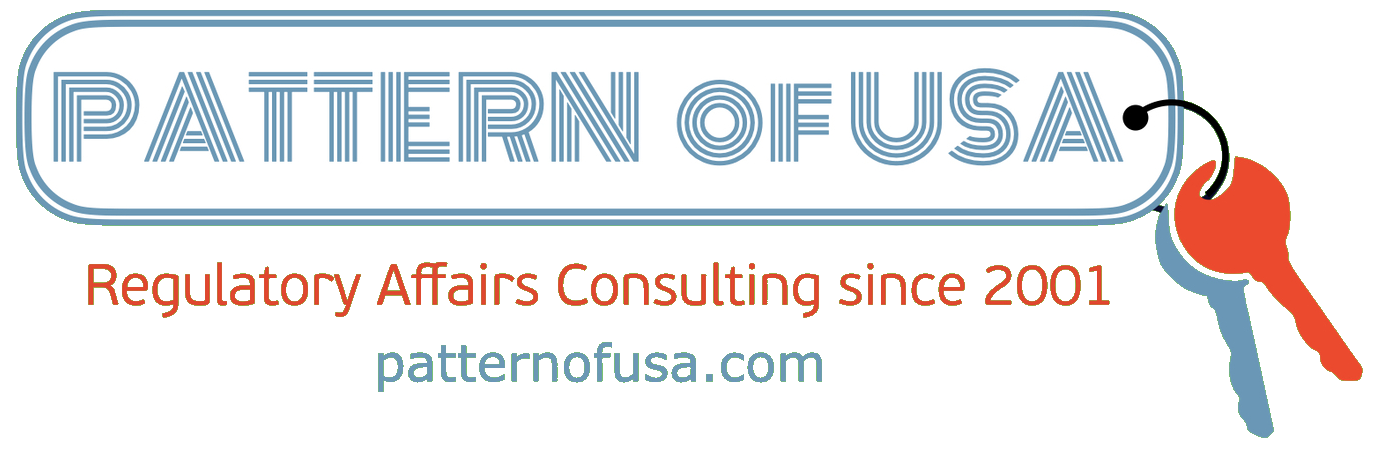AstraZeneca Addresses Adcomm’s Safety Worries Regarding Andexxa, Discontinues Development of Mid-Stage Opioid Use Disorder Medication


AstraZeneca faced significant challenges on Thursday as it worked to address concerns over clotting related to its anticoagulation reversal product Andexxa (andexanet alfa) and announced the discontinuation of a Phase II trial for its AZD4041 drug aimed at treating opioid use disorder.
The FDA’s Cellular, Tissue, and Gene Therapies Advisory Committee held a meeting on Thursday to review AstraZeneca’s supplemental Biologics License Application (sBLA) for Andexxa, seeking to transition its accelerated approval into full approval. The panel, comprised of external experts, did not vote on specific issues but discussed the safety signals associated with Andexxa and its overall benefit vs. risk profile.
Andexxa, a recombinant coagulation factor Xa, received the FDA’s accelerated approval in 2018 aimed at stopping bleeding in patients treated with anticoagulants like rivaroxaban or apixaban. To support its application for full approval, AstraZeneca submitted data from the Phase IV ANNEXA-I trial, which was a randomized, open-label multicenter study involving patients suffering from acute intracranial bleeding treated with oral FXa inhibitors.
Results from the ANNEXA-I study indicated that Andexxa could achieve significantly improved hemostasis in comparison to standard care; however, the FDA’s internal evaluations, outlined in a briefing document before the advisory meeting, highlighted several safety concerns, including a doubling of thrombosis incidents and thrombosis-related fatalities in patients receiving Andexxa compared to those receiving conventional care.
During discussions, panelists grappled with the efficacy and safety data from the ANNEXA-I trial, which focused on a narrow group of patients needing coagulation support, and how this translates to a broader population who might use Andexxa. Taby Ahsan, chair of the committee and vice president at the City of Hope, remarked, “We almost don’t have the data to evaluate the serious risks.”
The committee’s ongoing discourse regarding Andexxa’s benefit/risk ratio in the targeted study population versus the larger patient population echoed concerns voiced by Joseph O’Brien, CEO of the National Scoliosis Foundation, who referenced the opioid crisis. According to O’Brien, “It was evident that opioids effectively alleviated pain, but we are now contending with extensive side effects affecting patients.” He urged caution to prevent similar issues with Andexxa.
Despite the concerns, many physicians emphasized Andexxa’s critical role in clinical practice, especially when attending to bleeding patients. Evan Snyder, director at the Sanford Burnham Prebys Medical Discovery Institute, stated that “in urgent bleeding scenarios, halting the bleeding is the immediate priority; other issues can be addressed later.”
Additionally, AstraZeneca reported on Thursday the cessation of its Phase II study focused on AZD4041, the investigational medication for opioid use disorder, as indicated on its clinicaltrials.gov page.
A company representative commented to Endpoints News that the decision was influenced by “a potential drug-drug interaction observed during a study examining this risk.” The findings impacted the overall benefit-risk analysis in the patient demographic and indicated that further development of AZD4041 for opioid use disorder is unwarranted.
